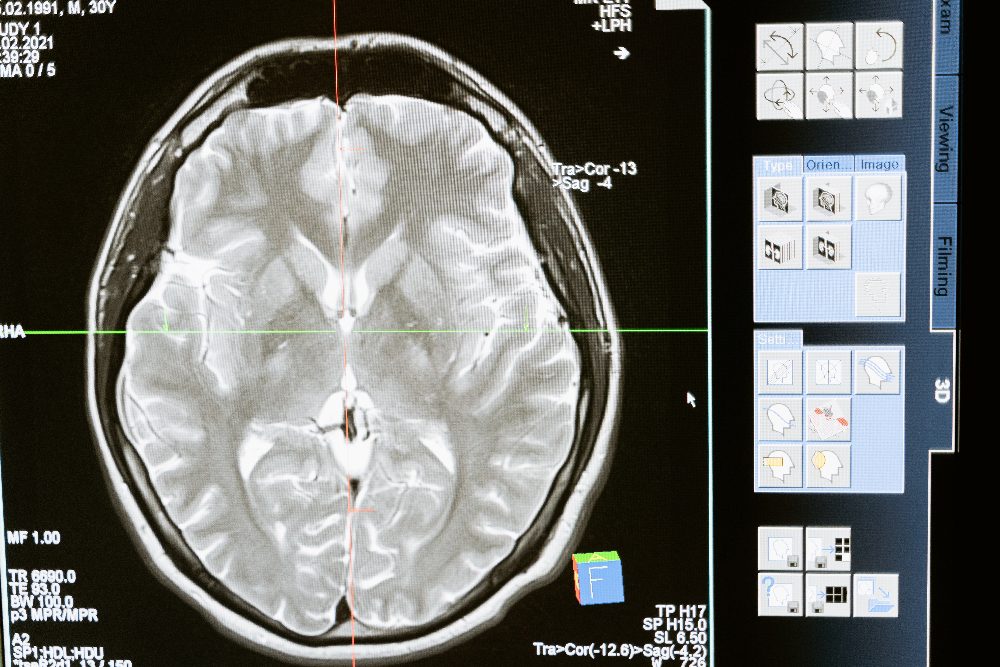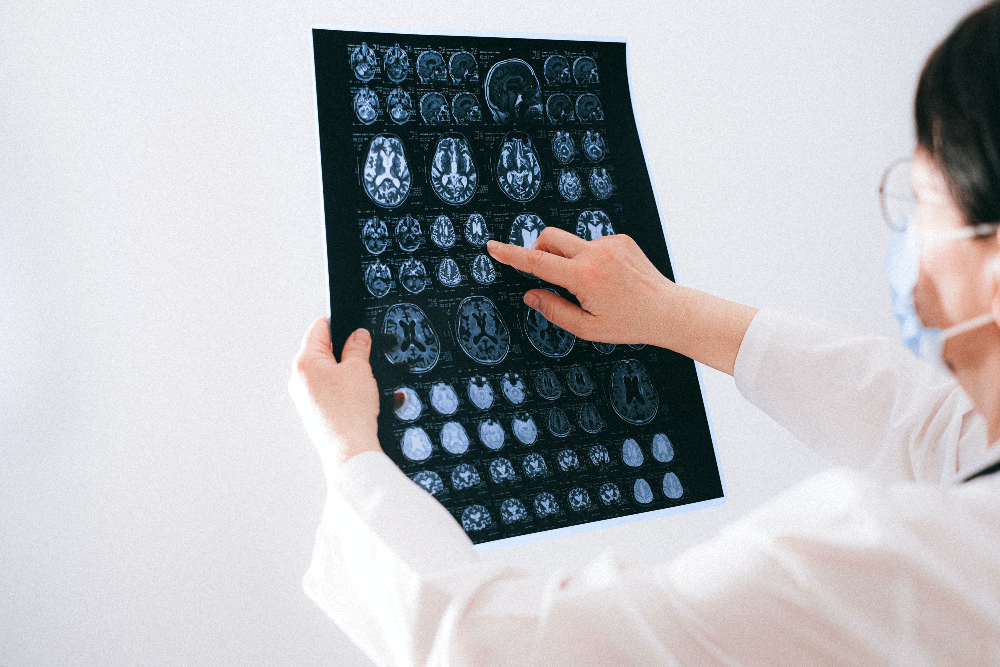Study suggests memory recall can help with mental health, disease.
Is it possible that memories could use their power to potentially treat mental health disorders and neurodegenerative diseases? Dr. Steve Ramirez from Boston University thinks so. He has recently conducted neuroscience research surrounding this idea.
The National Institutes of Health (NIH) invests approximately $10 billion in neuroscience research annually, but the brain is still not fully understood. Researchers have discovered many things about this very complicated organ, but still have a long way to go.
Dr. Steve Ramirez said of the groundbreaking research, “Memory is the enduring change that exists in the brain, and somehow, the brain revisits that enduring change later on to recall whatever it was that experience was. From the psychological perspective, it is the brain’s ability to encode, store, and retrieve information. From the neuroscience perspective, it is the idea that brain cells change as a result of experience, but those patterns and changes can be revisited later to make recollection possible.”

According to. Dr. Ramirez, it was not until the last 100 years that research involving the brain has become more prevalent among researchers, and neuroscience has made leaps and bounds since then.
A recent study explained that neurodegenerative diseases encompass a “group of neurological disorders characterized by the slow and progressive deterioration of brain regions that are critical for cognitive, emotional, behavioral, and motor functioning. Currently, no disease-modifying pharmacological therapy exists while prevalence is increasing mainly due to the accelerated aging of the global population,” said Dr. Ramirez. “The progress has been tremendous, but it is just the tip of the iceberg, as the human brain has 86 billion brain cells and more than a hundred trillion connections. It is astonishing the computational power that it is capable of. The fact that we can go in and use tools now to eavesdrop on the brain as thoughts and feelings happen is a testament to where modern neuroscience is,.”
There are both advantages and disadvantages of these altered memories. There are definitely imperfections surrounding research on the brain due to its complexity. For instance, memories can become warped over time and people don’t always remember things as they exactly happened.
This research found that both positive and negative memories had a dedicated place for each other in the brain: positive memories are found in one portion of the hippocampus, and negative memories live in a whole separate location. According to the NIH, the hippocampus is a “complex brain structure embedded deep into the temporal lobe. It has a major role in learning and memory.”
With continued neuroscience research, there is a good chance that doctors will be able to use the brain to treat a variety of mental health disorders such as depression and PTSD. If this happens, it will do wonders for the current state of the global mental health crisis. Dr. Ramirez is excited about the future of neuroscience studies. He said, “One of the things that I am most excited about is the idea that there is not a one size fits all approach to mental health and treating the brain.”
Sources:
Memory: a revolutionary treatment for mental health disorders and neurodegeneration?
Current Psychological Approaches in Neurodegenerative Diseases


Join the conversation!